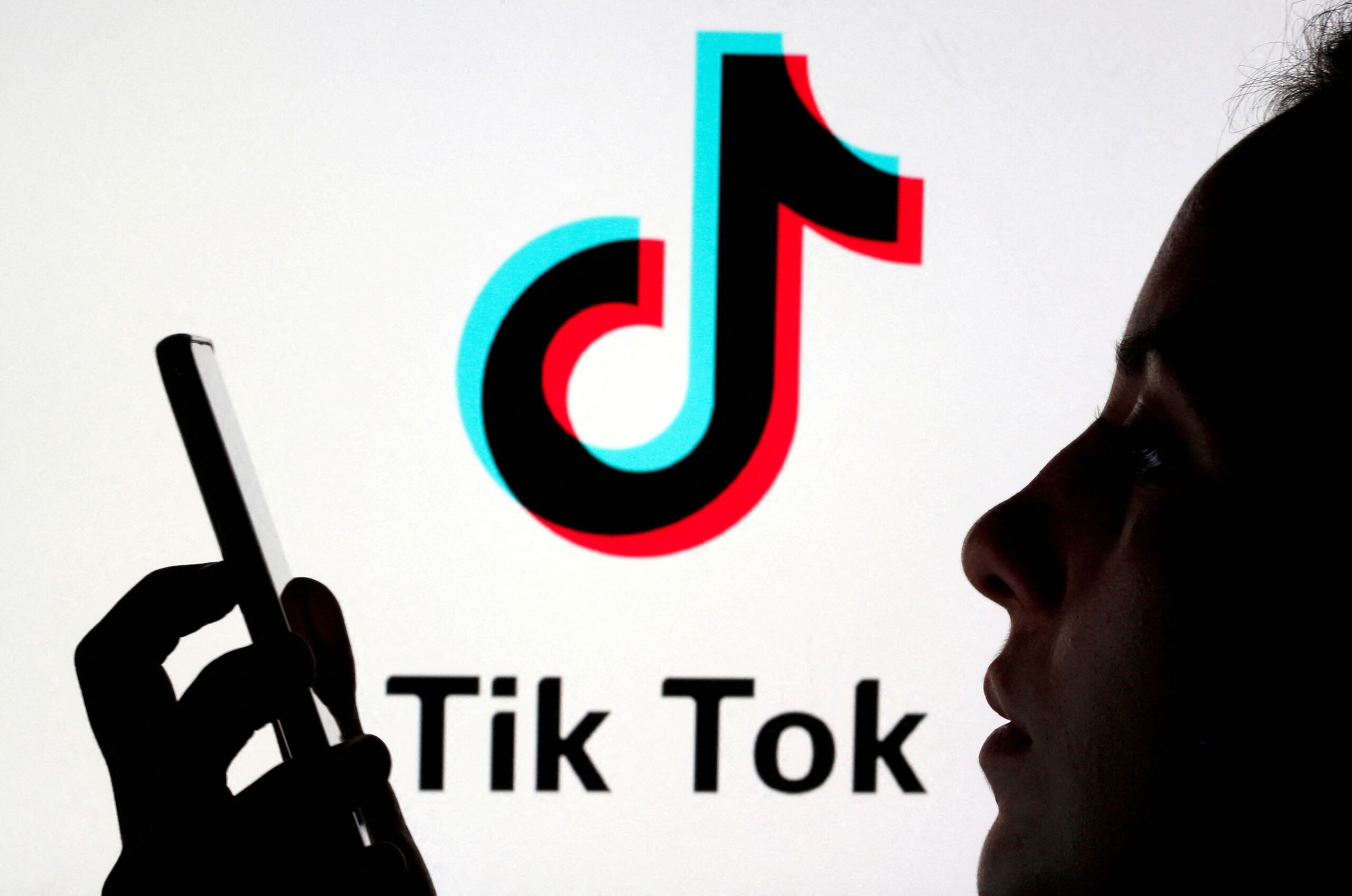Tech
Starlink: Elon Musk makes lofty promises for satellite internet
-



 Leaders2 days ago
Leaders2 days agoThe ‘invisible killers’ causing concern
-



 Shows2 days ago
Shows2 days agoAre ‘forever chemicals’ turning us into the ‘The Walking Dead’?
-



 Tech2 days ago
Tech2 days agoBlackRock CEO Larry Fink says AI leads to higher wages
-



 News3 days ago
News3 days agoHow a ransomware attack would disrupt the food supply chain
-



 Tech2 days ago
Tech2 days agoHow Udio could threaten the entire music industry
-



 Tech2 days ago
Tech2 days agoRamifications of a TikTok ban to impact Open Internet
-



 Money2 days ago
Money2 days agoResearch shows daters are looking for solvent partners
-



 News2 days ago
News2 days agoAirlines expect record summer demand for First Class














